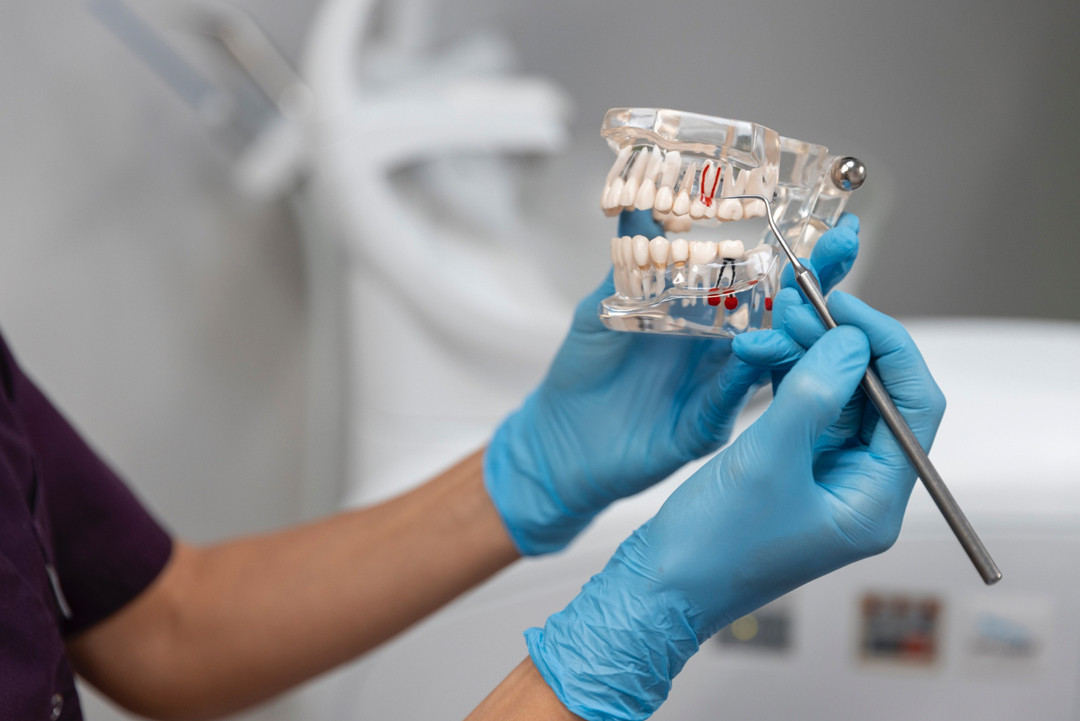What Is Pediatric Neurology?
Pediatric neurology focuses on diagnosing and managing neurological disorders in children, addressing conditions affecting the brain, spinal cord, muscles, and nervous system. Pediatric neurologists work with other specialists, such as pediatricians, neurosurgeons, and physical therapists, to provide holistic care for young patients.
Conditions Treated by Pediatric Neurologists
- Neurometabolic Disorders
Neurometabolic disorders are inherited conditions that disrupt the brain’s metabolic processes, often causing seizures and developmental delays. Early diagnosis and treatment can significantly improve outcomes. Examples include:
- Phenylketonuria (PKU): Managed with a phenylalanine-restricted diet and supplementation.
- Maple Syrup Urine Disease (MSUD): Treated with a specialized diet low in specific amino acids.
- Galactosemia: Requires a galactose-free diet to prevent complications like developmental delays.
- Autoimmune Neurological Disorders
Conditions caused by the immune system attacking the brain or nervous system, leading to diverse symptoms such as seizures or cognitive impairments. Immunotherapy is often used in treatment.
- Pediatric Balance Disorders
- Cerebral Palsy: Impairs movement, balance, and coordination due to brain development issues. Symptoms vary widely.
- Pediatric Ataxia: Affects coordination due to cerebellar dysfunction.
- Epilepsy
Characterized by recurrent seizures due to abnormal brain electrical activity. Pediatric neurologists provide tailored treatment, including medications and lifestyle modifications.
- Neurodevelopmental Disorders
These conditions impact cognitive, behavioral, and motor development. Common disorders include:
- ADHD
- Autism Spectrum Disorders
- Learning Disabilities
- Central Nervous System Infections
Serious infections like meningitis and encephalitis require prompt diagnosis and treatment to prevent complications.
- Pediatric Migraine
Children may experience intense headaches with nausea, dizziness, and sensitivity to light. Neurologists develop personalized management plans, including medications and lifestyle adjustments.
- Pediatric Neuro-Oncology
Childhood brain tumors are the second most common cancer type in children. Treatment options include:
- Surgery
- Radiation Therapy
- Emerging Therapies
Why Visit a Pediatric Neurologist?
A consultation is vital if your child experiences:
- Seizures or loss of consciousness
- Developmental delays
- Chronic headaches or migraines
- Movement or coordination issues
- Weakness, speech, or learning difficulties
- Sleep disorders
- Traumatic brain injuries
What Happens in a Pediatric Neurologist Consultation?
- Medical History: Detailed discussion of symptoms, medical history, and family health.
- Physical Examination: Reflexes, muscle strength, coordination, and neurological function assessment.
- Diagnostic Tests: May include imaging, EEGs, or blood tests.
- Treatment Discussion: Personalized treatment plans, including medications, therapies, or interventions.
- Follow-Ups: Regular visits to monitor progress and adjust treatments.
Diagnostic Tests Used in Pediatric Neurology
- Electroencephalogram (EEG): Measures brain’s electrical activity, often used for epilepsy diagnosis.
- MRI and CT Scans: Provide detailed brain and spinal cord images to identify abnormalities or tumors.
- Lumbar Puncture (Spinal Tap): Extracts cerebrospinal fluid to diagnose infections or inflammation.
- Neuropsychological Testing: Evaluates memory, attention, and cognitive functions.
Treatment Approaches in Pediatric Neurology
- Medications: For seizures, migraines, and autoimmune conditions.
- Therapies: Physical, occupational, or speech therapies for motor or cognitive impairments.
- Surgical Interventions: For conditions like brain tumors or severe epilepsy.
- Lifestyle Modifications: Tailored dietary and activity plans to support neurological health.
Key Takeaways
- Pediatric neurologists provide comprehensive care for children with neurological disorders.
- Early diagnosis and personalized treatment improve quality of life.
Connect with specialists to ensure the best care for your child.


















